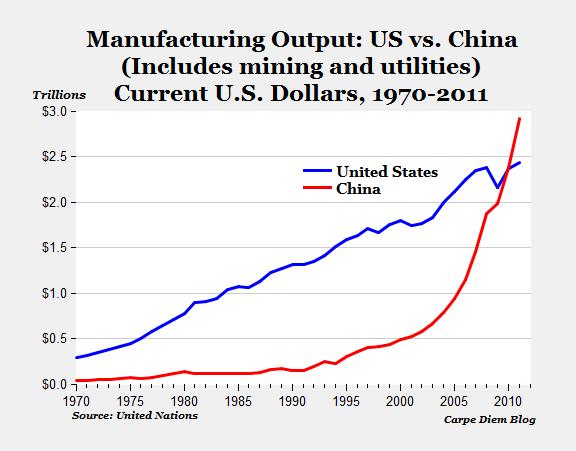by Brendan O’Neill
Following the publication yesterday of the Lib-Con
government’s proposals for introducing gay
marriage, there has been
a frenetic debate about whether religious freedom will be harmed by allowing
homosexuals to get hitched. The government has given assurances that religious
institutions will not be forced to carry out same-sex weddings (and has
actually banned the Church of England from doing so), yet still the eye of this
stormy debate has focused on whether religious groups’ rights to uphold and
celebrate only traditional marriage will be dented by the government’s fervent
promotion of same-sex marriage.
What
a massive red herring. What an enormous distraction from the real authoritarian
instinct motoring the Conservative Party’s and others’ conversion to the cause
of gay marriage. The central problem with the gay marriage agenda is not that
at some point in the future an unwilling man of the cloth might be strong-armed
into giving his blessing to a gay union, but rather that it allows the state to
do something that was traditionally considered beyond its purview: to redefine
the meaning of marriage and, by extension, the meaning of the marital home, the
family, and our most intimate relationships. Some have sought to depict the
drive for gay marriage as a continuation of the struggle for civil rights that
exploded in the mid-twentieth century; it’s better understood as a
continuation, and intensification, of the modern state’s desire to get a foot
in the door of our private lives and to assume sovereignty over our
relationships.




















